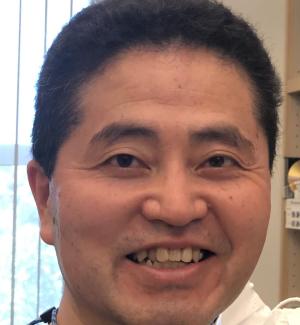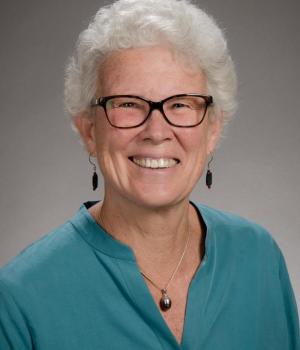Caroline (Carrie) Harwood
Caroline (Carrie) Harwood
Caroline (Carrie) Harwood received her Ph.D. in microbiology from the University of Massachusetts and completed postdoctoral work at Yale University. She held academic appointments at Cornell University and the University of Iowa before moving to the University of Washington in 2005. Dr. Harwood is an elected member of the National Academy of Sciences, the American Academy of Arts and Sciences, the American Association for the Advancement of Sciences and the American Academy of Microbiology. She received the Procter & Gamble Award in Applied and Environmental Microbiology in 2010.
In my laboratory we are interested in understanding how bacteria integrate diverse environmental signals and diverse metabolic modules to function at the whole cell level. We rely heavily on genome sequencing, mutant construction and analysis and transcriptome analysis for our work.
A major area of interest is bacterial longevity and persistance. Our model organism for this is the metabolically versatile photosynthetic bacterium Rhodopseudomonas palustris, also known as Rpal. Rpal is an excellent model organism for studying bacterial mechanisms of long-term survival because it can make energy from light. It stays alive for periods of months in a starved non-growing state as long as it is provided with light. Our goal is to generate foundational knowledge that will improve our ability to use non-growing photosynthetic bacteria as biocatalysts to convert inexpensive feedstock compounds to hydrogen gas or other biofuels. We continue to identify "longevity genes" that are important for long term survival of non-growing cells. Some of these genes are broadly conserved and are likely important for longevity of many different kinds of bacteria.
We are also exploring signaling between bacteria and the plant Populus (cottonwood). Populus, has the broadest geographic distribution of any North American tree genus and is a model plant being developed as a biofuel crop. We are involved in a large project to study Populus -associated microbes, how they communicate with their host and how they communicate with each other.
Finally, we are working with scientists at the Pacific Northwest National Laboratory (PNNL) to gain a fundamental understanding of factors governing the persistence of naturally occurring and engineered microbes in plant rhizosphere environments. We are looking at native sorghum rhizosphere microbes and will try to control their niche using genome reduction and engineered addiction to plant root exudates. Sorghum is an important cereal crop worldwide.


